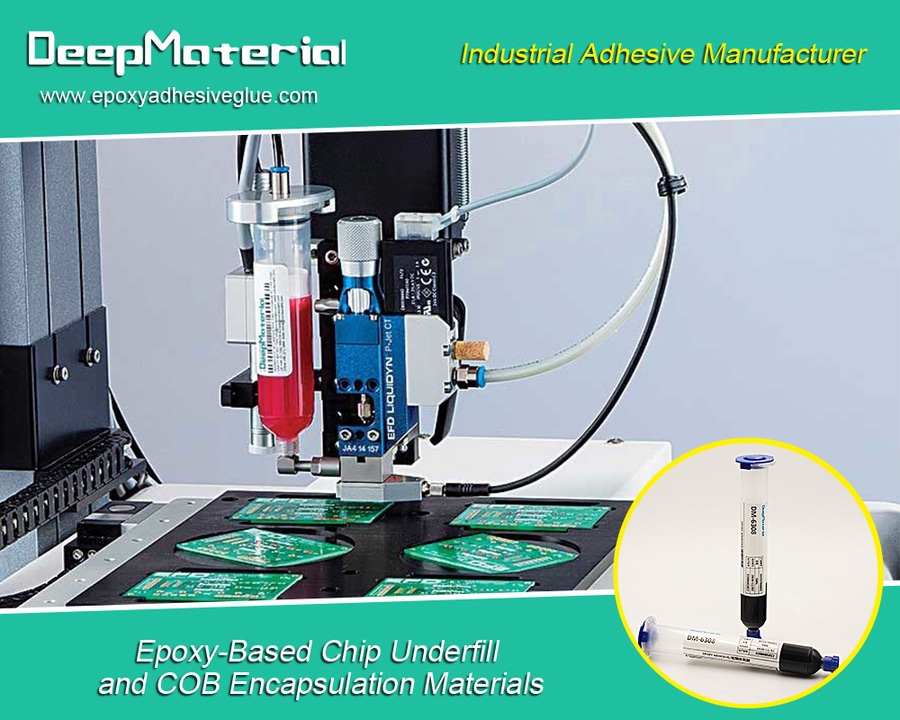
#Product Trends
What are the different types of automotive adhesives, and what are their distinct characteristics?
Best Automotive Adhesive Glue Manufacturer
What are the different types of automotive adhesives, and what are their distinct characteristics?
There are several different types of automotive adhesives, each with its own distinct characteristics.
Here are some common types:
Structural Adhesives: Structural adhesives are designed to provide high-strength bonding for load-bearing applications. They are commonly used in automotive body assembly, bonding metal, composites, and plastics. They offer excellent durability, resistance to vibration and impact, and can often withstand extreme temperatures.These adhesives are designed to provide high-strength bonding for structural components of vehicles. They can bond a wide range of materials, including metals, plastics, composites, and more.
Epoxy Adhesives: Epoxy adhesives are known for their exceptional strength and durability. They form rigid bonds and are suitable for bonding various materials, including metals, plastics, and composites. Epoxy adhesives provide excellent chemical resistance and are commonly used in automotive applications such as panel bonding and structural repairs. Epoxy adhesives have good gap-filling properties, which allow them to fill and bond irregular or uneven surfaces effectively. This feature is beneficial when bonding materials with varying thicknesses or when there are slight gaps between the surfaces. Epoxy adhesives typically have a longer cure time compared to some other adhesive types. They require a curing process, which involves mixing a resin and hardener in specific proportions. The curing can be initiated by heat, UV light, or a chemical reaction. The longer cure time allows for proper alignment and adjustment of the bonded parts before the adhesive sets. Epoxy adhesives exhibit good temperature resistance, both in terms of high and low temperatures. They can withstand elevated temperatures without losing their bonding strength or becoming brittle, making them suitable for under-the-hood applications in automotive environments. Epoxy adhesives offer excellent resistance to various chemicals, including fuels, oils, solvents, and acids. This chemical resistance ensures the longevity of the adhesive bonds in automotive applications that involve exposure to different fluids and chemicals.
Polyurethane Adhesives: Polyurethane adhesives offer a balance of strength, flexibility, and durability. They are used for bonding materials such as metal, glass, plastic, and composite substrates. Polyurethane adhesives provide good resistance to impact, chemicals, and weathering, making them suitable for applications such as windshield bonding and exterior trim attachment.
Acrylic Adhesives: Acrylic adhesives provide a strong and fast bond. They are commonly used in automotive applications for bonding plastics, such as interior trim components and emblems. Acrylic adhesives offer good resistance to weathering, UV light, and chemicals.
Silicone Adhesives: Silicone adhesives are known for their excellent heat resistance and flexibility. They can withstand high temperatures and are commonly used in automotive applications such as gasketing, sealing, and bonding engine components. Silicone adhesives also offer good resistance to moisture, weathering, and chemicals. Silicone adhesives possess good electrical insulation properties. They can provide a reliable barrier against electrical current, making them suitable for applications that require electrical insulation or sealing electrical components. Silicone adhesives have excellent resistance to moisture. They can create a water-resistant and waterproof bond, making them suitable for applications that require sealing against water ingress, such as bonding or sealing in areas exposed to moisture or wet conditions. It’s important to note that silicone adhesives often have longer curing times compared to some other adhesive types. They typically require atmospheric moisture to cure, so adequate curing time should be allowed to ensure optimal bonding strength. Silicone adhesives are commonly used in automobile applications, such as the window seal and the seal of lamps and lanterns. They have good heat resistance, weather resistance, and flexibility and can effectively prevent moisture and dirt infiltration.
Rubber-Based Adhesives: Rubber-based adhesives are commonly used for bonding rubber components, such as hoses, gaskets, and seals. They provide excellent adhesion to rubber substrates and offer flexibility and resistance to vibration and impact. They offer good flexibility, elasticity, and resistance to environmental factors like moisture, heat, and chemicals.
Heat-Activated Adhesives: Heat-activated adhesives, also known as heat-activated films or tapes, require heat to activate the adhesive properties. They are often used in automotive interior applications for bonding fabrics, carpets, and headliners. Heat-activated adhesives provide strong bonds, good heat resistance, and excellent durability.
Electrically Conductive Adhesives (ECAs): ECAs are used for bonding electrical components, such as wiring harnesses, sensors, and connectors. They provide both adhesive properties and electrical conductivity, ensuring reliable electrical connections while maintaining mechanical integrity.
Seam Sealers: Seam sealers are used to seal joints, seams, and gaps in automotive body panels. They provide an airtight and watertight seal, preventing the ingress of moisture, dust, and noise. Seam sealers also offer corrosion protection and can withstand environmental exposure.
Pressure-Sensitive Adhesives (PSAs): PSAs are tacky adhesives that form an instant bond when pressure is applied. They are commonly used in automotive applications like emblems, trims, and labels. PSAs offer easy application, good initial adhesion, and the ability to bond to various surfaces. PSAs are designed to maintain their adhesive properties over time, even under different environmental conditions. They offer good resistance to aging, UV light, moisture, and chemicals, ensuring long-term durability and reliability.Some PSAs are designed to be removable, allowing components to be repositioned or replaced without damaging the surfaces. This feature is particularly useful in automotive applications where parts may need to be adjusted or replaced during manufacturing or maintenance.
Best automotive glue plastic to metal products from industrial epoxy adhesive and sealant manufacturers
These are some of the different types of automotive adhesives and their distinct characteristics. The choice of adhesive depends on the specific bonding requirements, materials being bonded, environmental conditions, and performance expectations.
For more about choosing the different types of automotive adhesives,you can pay a visit to DeepMaterial at https://www.epoxyadhesiveglue.com/products/ for more info.





